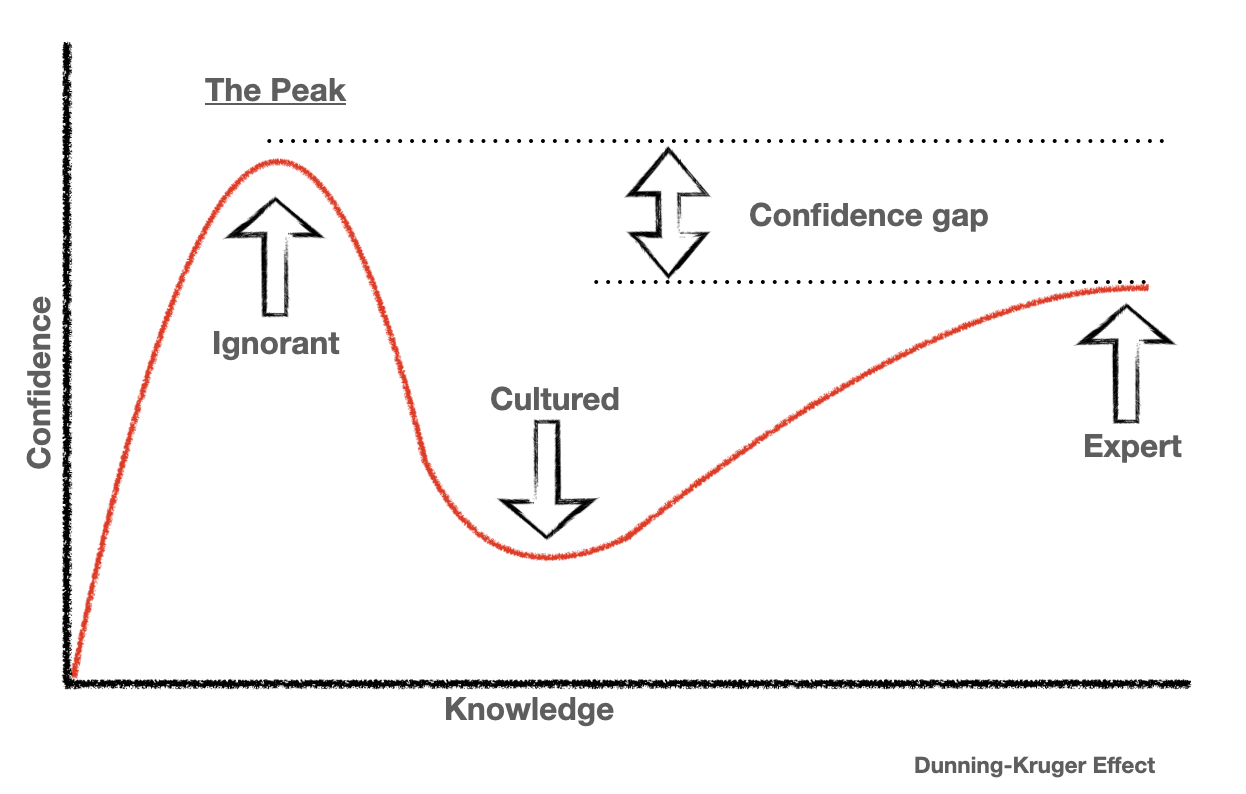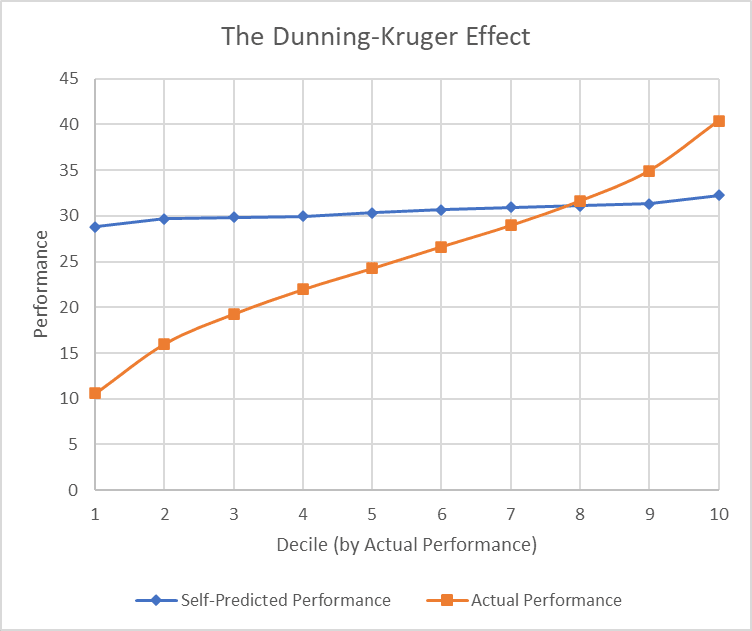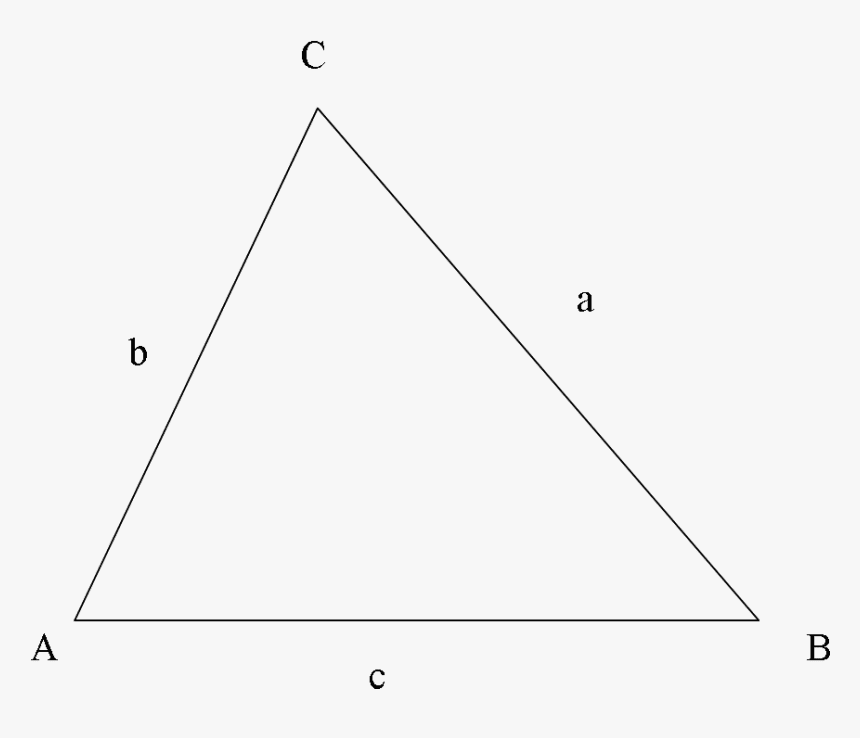D&D.Sci Scenario Index
There have been a lot of D&D.Sci scenarios, but there's a lot of variance between them in complexity and quality. Some are more difficult, and might not be a good place to start, while others are much simpler - some were very good, while others on reflection didn't flow quite right. Unfortunately, LW karma doesn't track the quality of these scenarios very well: often mediocre scenarios are higher-karma than better scenarios (whether because they had good writing around a poor scenario, or because people upvoted before playing them, or just because more people happened to be online and see them). If you're interested in playing D&D.Sci scenarios, but don't know where to start, this index (compiled by frequent authors abstractapplic and aphyer, we'll try to keep this updated going forwards) is a good reference point to make sure you can pick good scenarios at a difficulty level you're comfortable with. If you're new to D&D.Sci, you should probably start with the lower-Complexity scenarios and move up to the higher-Complexity ones. Scenarios with Quality Rating 1-2 are probably less worth playing, while the higher-rated ones are ones we'd recommend. ScenarioComplexity Rating (1=easy, 5=hard)Quality Rating (1=low, 5=high)Author[1]D&D.Sci Thanksgiving: the Festival Feast2.5???aphyerD&D.Sci: Serial Healers24abstractapplicD&D.Sci: The Choosing Ones32abstractapplicD&D.Sci Tax Day: Adventurers and Assessments32aphyerD&D. Sci Dungeonbuilding: the Dungeon Tournament33aphyerD&D Sci Coliseum: Arena of Data43aphyerD&D.Sci: Whom Shall You Call?22[2]abstractapplicD&D.Sci Alchemy: Archmage Anachronos and the Supply Chain Issues35aphyerD&D.Sci Long War: Defender of Data-mocracy44aphyerD&D.Sci (Easy Mode): On The Construction Of Impossible Structures13abstractapplicD&D.Sci: The Mad Tyrant's Pet Turtles44[3]abstractapplicD&D.Sci(-fi): Colonizing the SuperHyperSphere33[3]abstractapplicD&D.Sci 5E: Return of the League of Defenders43aphyerD&D.Sci: All the D8a. Allllllll of it.51[4



Seems like a subtype of Bulverism; not aware of a more specific term.
Assuming you have a LWer-typical level of atypicality, you could say "I literally do/believe [outlandish but politically-neutral activity/opinion], there's no way closed-mindedness is my problem." (If it were me, I'd use donating to Shrimp Welfare; apparently most people think that's strange, for some reason.)